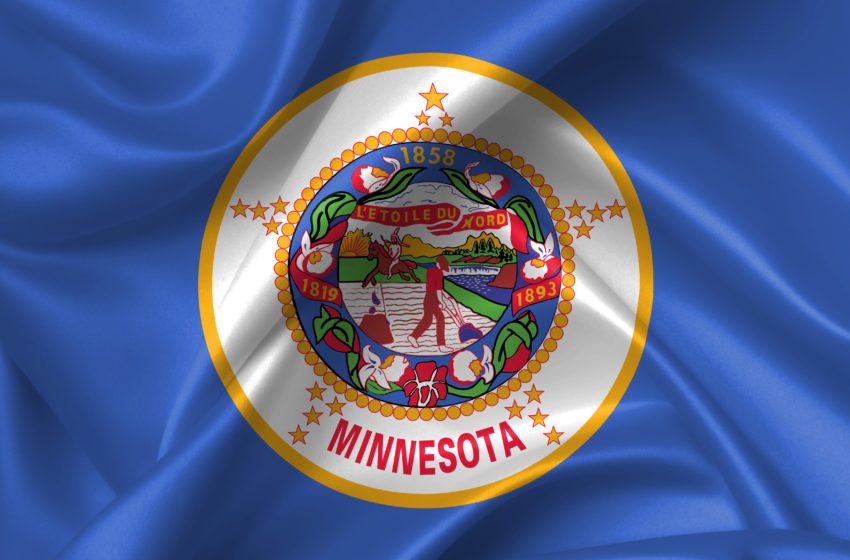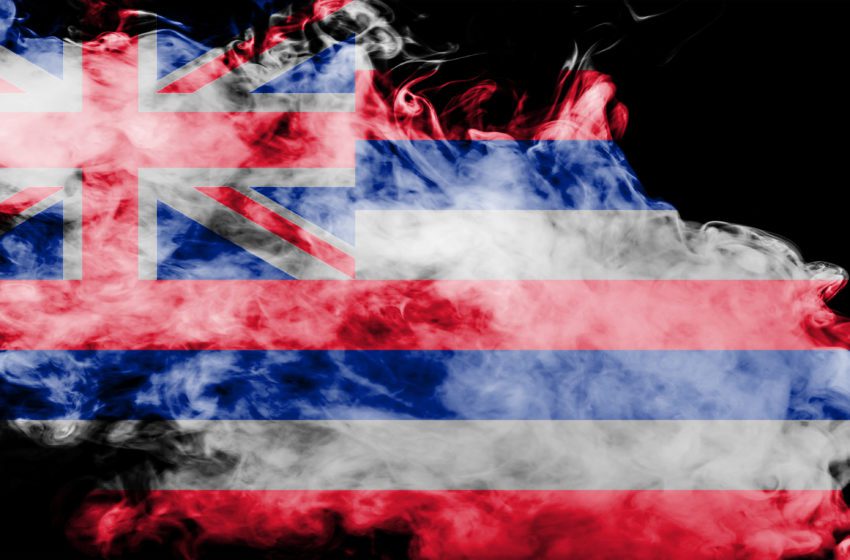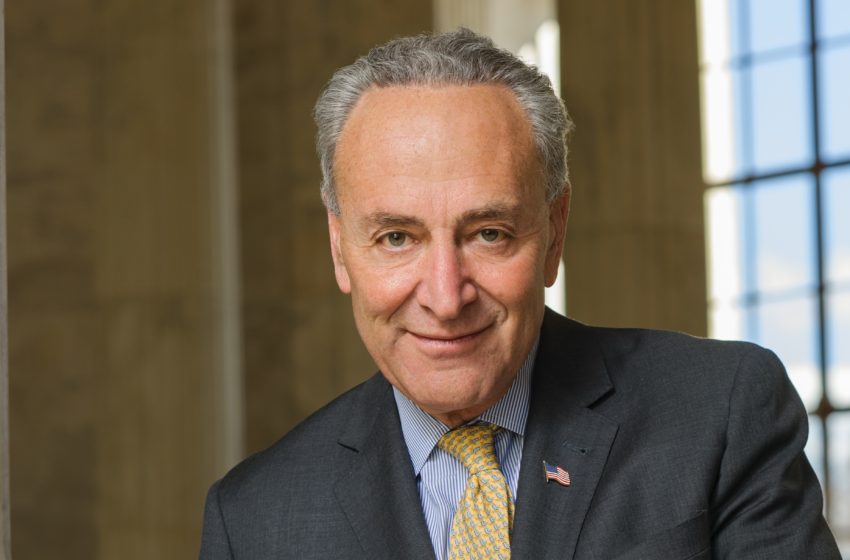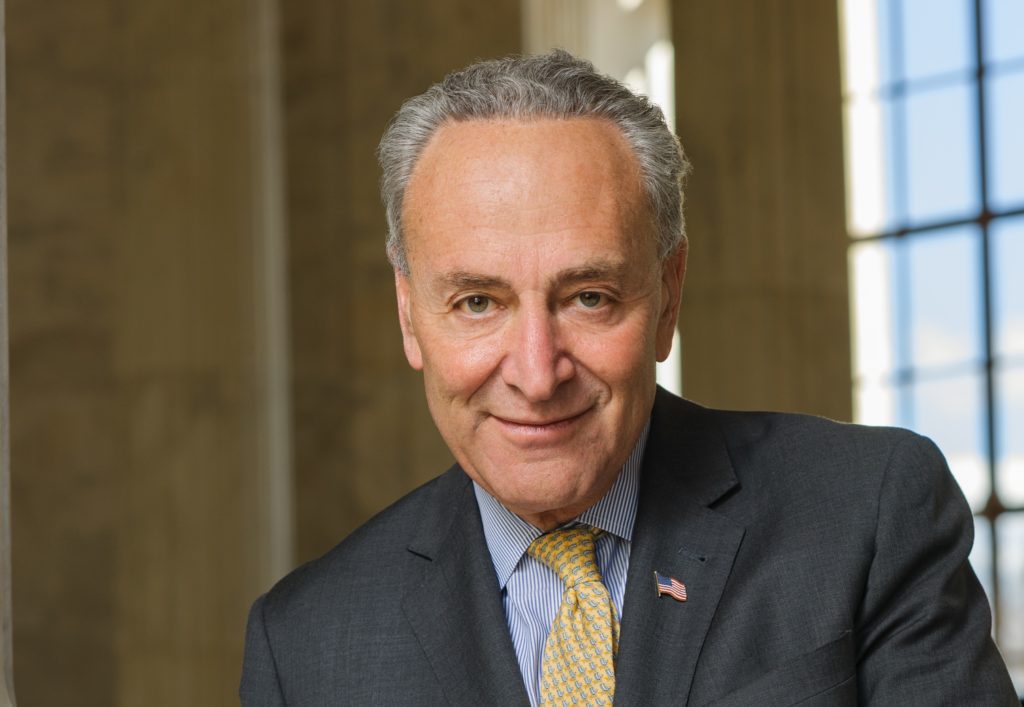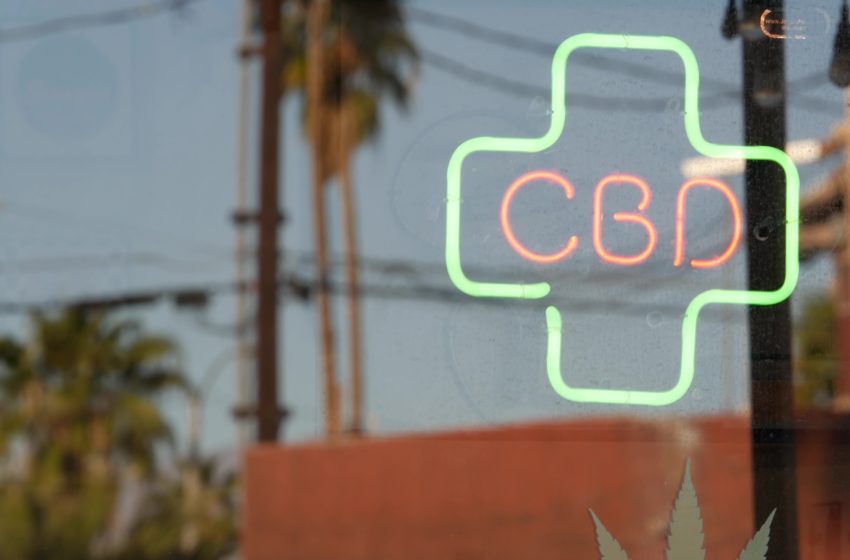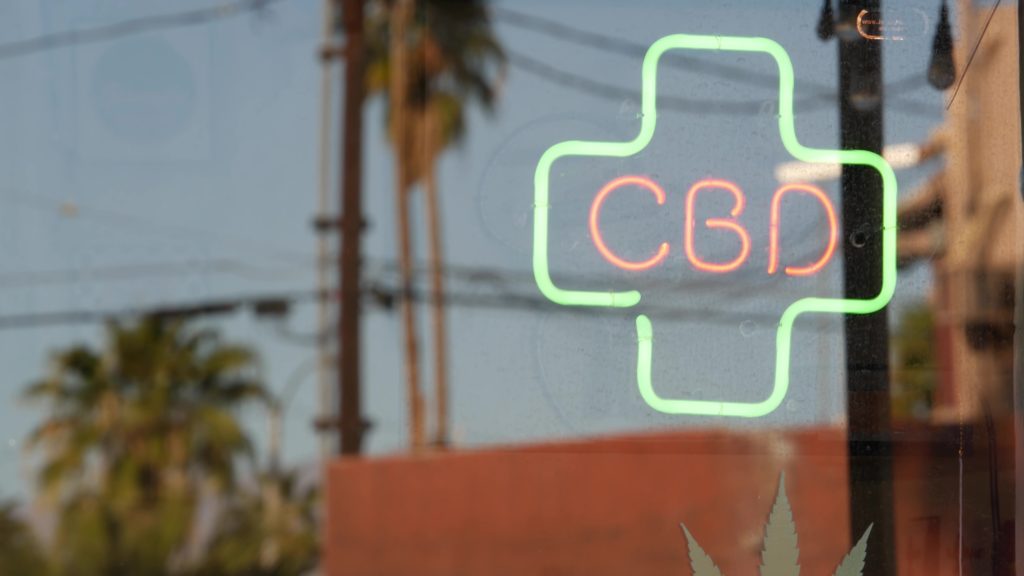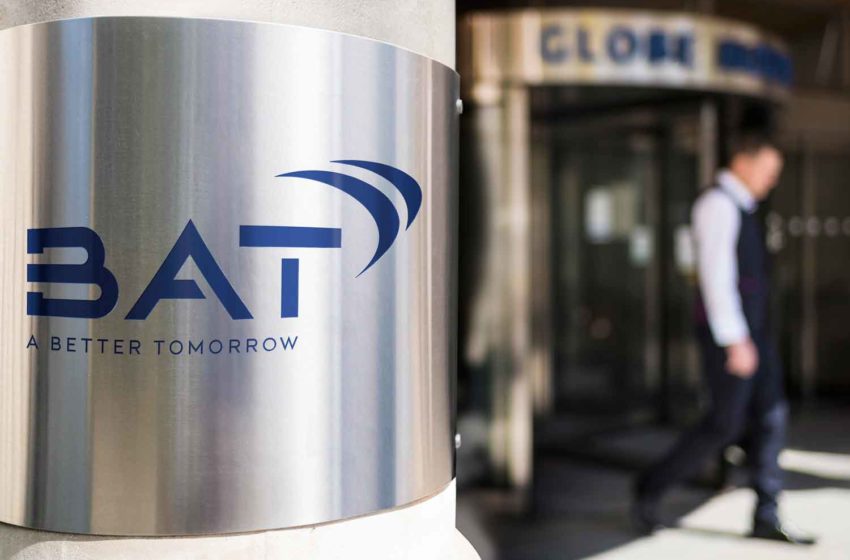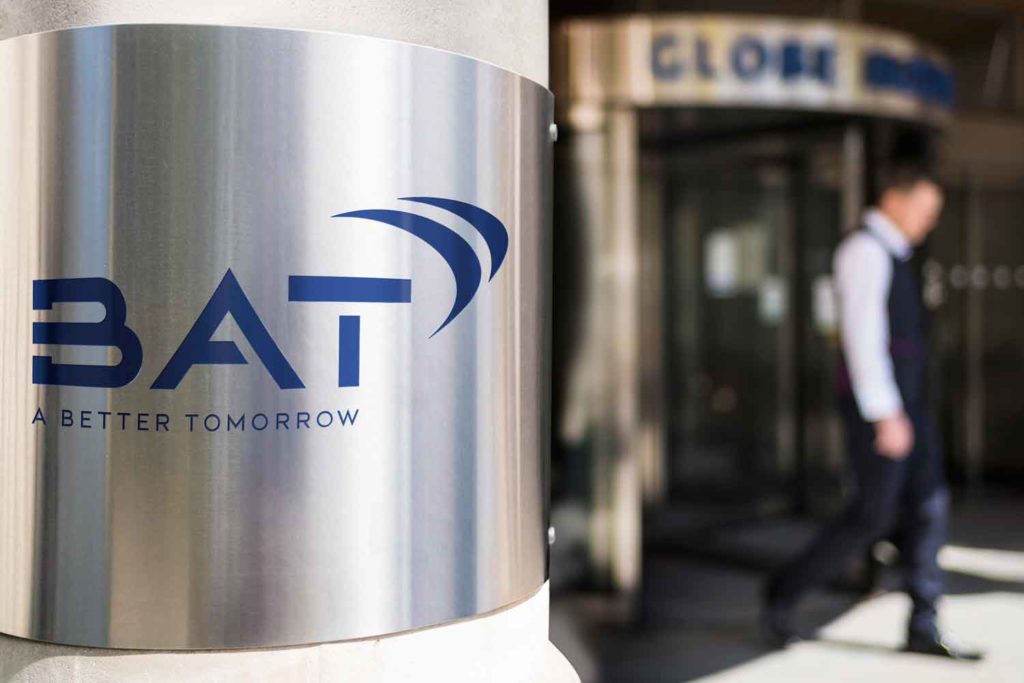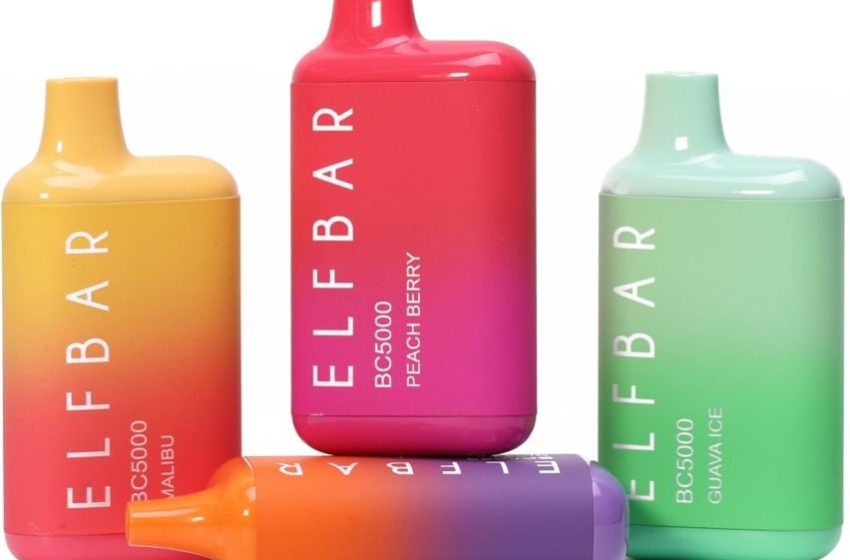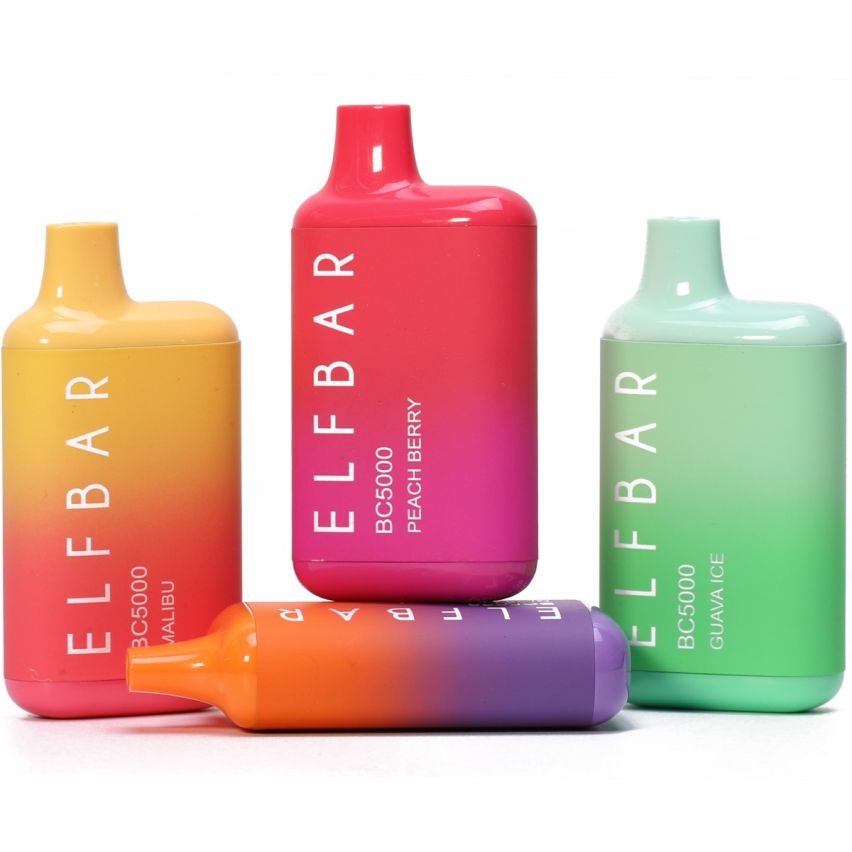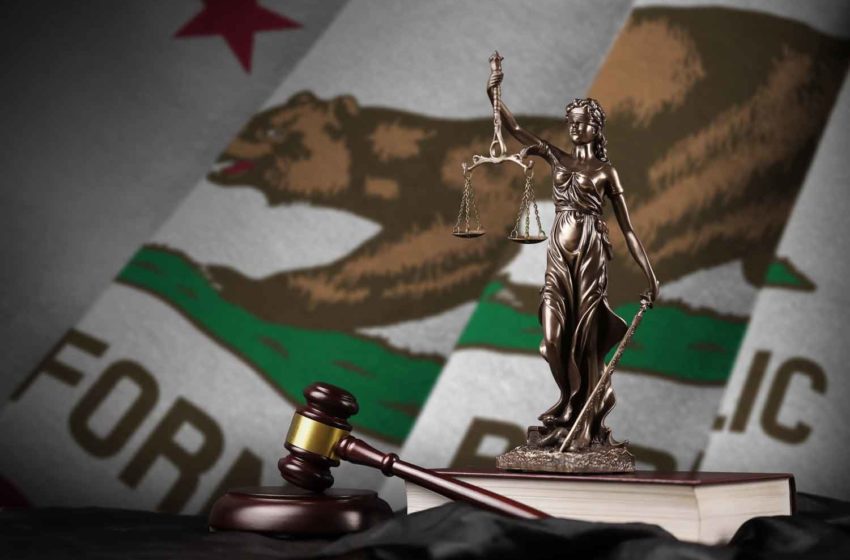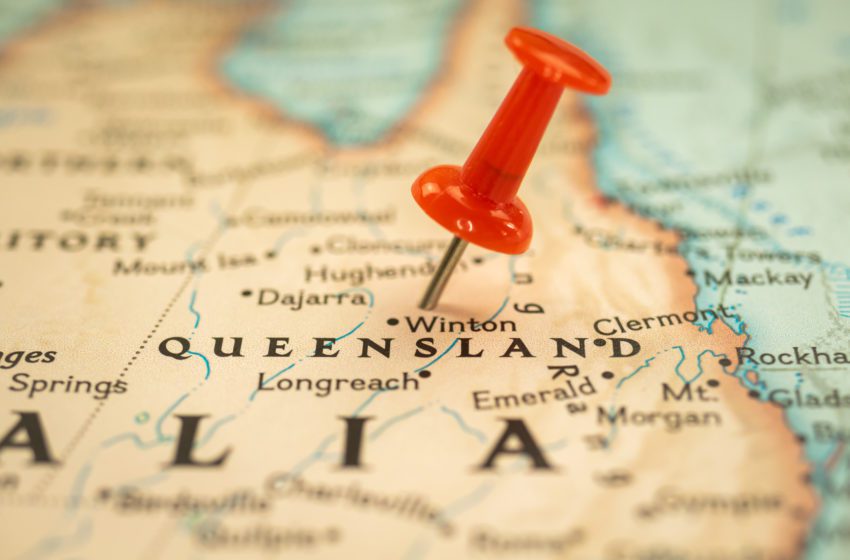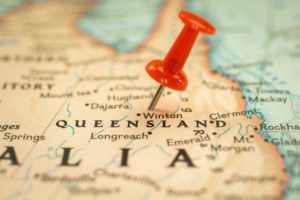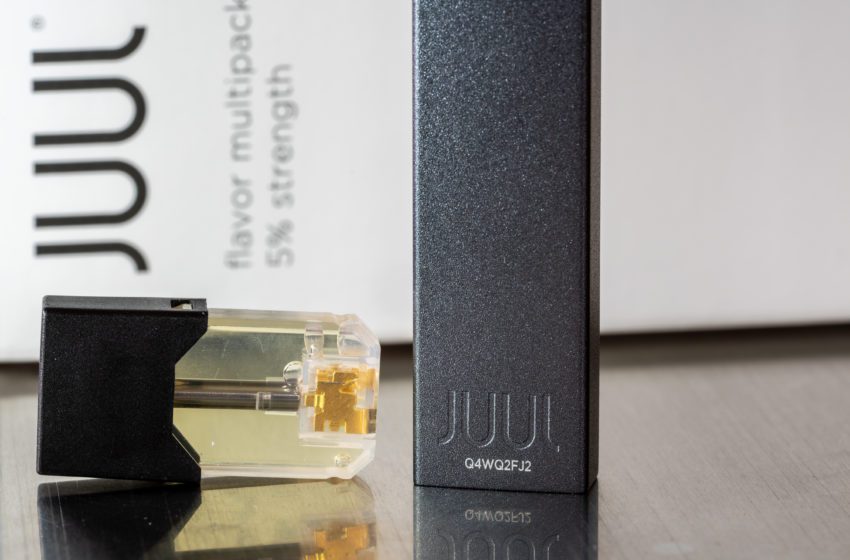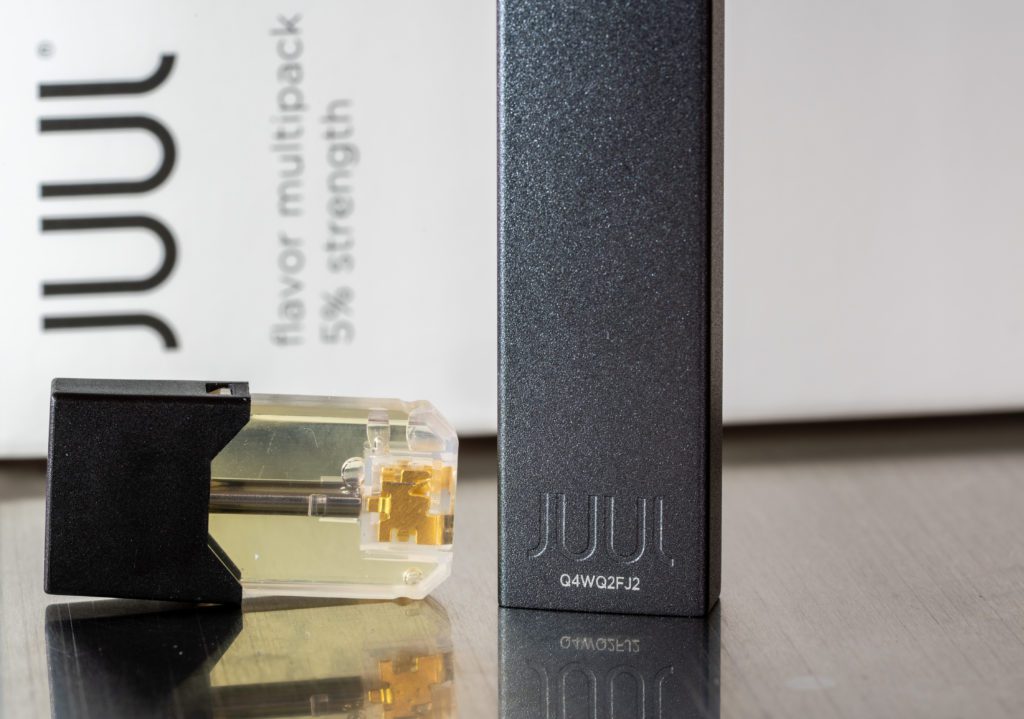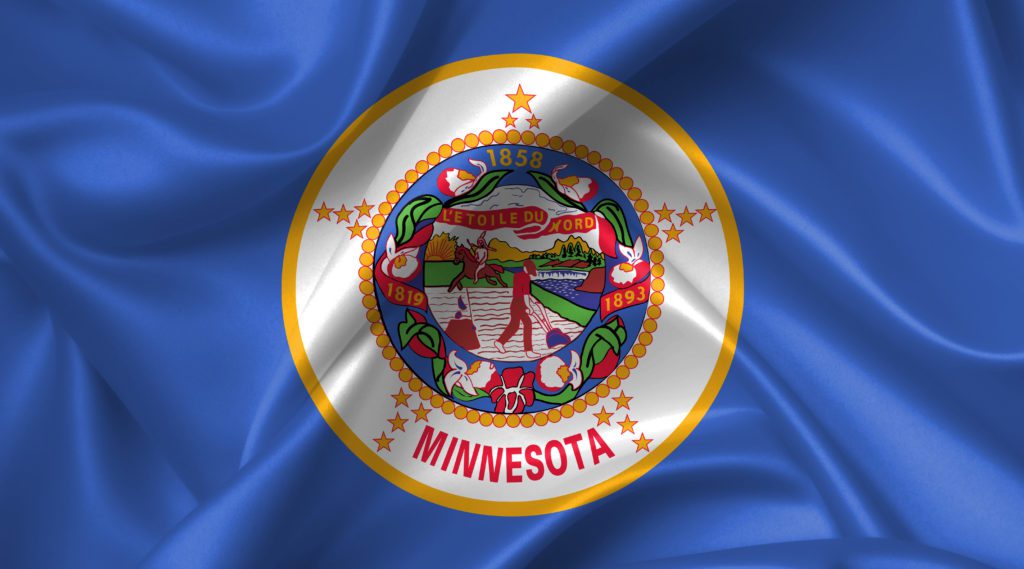
A trial against Juul Labs and Altria for youth marketing begins today in the U.S. state of Minnesota. It is the first state to go to trial against the e-cigarette manufacturer and tobacco company.
Jury selection in the trial comes more than three years after Minnesota Attorney General Keith Ellison first filed a lawsuit against Juul Labs, reports CARE11.
“We will prove how Juul and Altria deceived and hooked a generation of Minnesota youth on their products, causing both great harm to the public and great expense to the State to remediate that harm,” said Ellison, in a press release.
Minnesota is the first case to go to trial against Juul since more than a dozen states sued the company beginning in 2019.
“It’s a pretty significant case,” said David Schultz, a law professor at the University of Minnesota. “The case comes down to two or three basic issues. First, it’s about the claim that Juul marketed to minors. Second, it did nothing in terms of trying to prevent minors from accessing their product. And third, it was about the fact that they did not make appropriate disclosures regarding the health and safety risks surrounding the use of vaping and some of these smokeless tobaccos.”
The state believes Juul Labs, enabled by Altria, “engaged in consumer fraud, negligence, and created a public nuisance.”
This isn’t new territory for the state. Minnesota was the first state in the country to successfully sue the tobacco industry and win in the 1990s.
Earlier this year, A U.S. district judge handed Juul Labs preliminary court approval of a $255 million settlement resolving claims by consumers that it deceptively marketed e-cigarettes, as the company seeks to resolve thousands of lawsuits.
The company reached a nearly $24 million settlement with the City of Chicago in mid-March.
Juul and Altria have denied the allegations.
In court documents from November 2022, the defendants stated, “Minnesota has reaped billions of dollars from tobacco settlements and taxes over the last decade for the purpose of preventing tobacco use and remedying its harms. Yet even after determining that there was an alleged youth vaping problem among Minnesota youth, time and again the State chose to ignore recommended tobacco prevention funding guidelines and instead used these funds to bankroll unrelated projects—like the Minnesota Vikings football stadium.”

